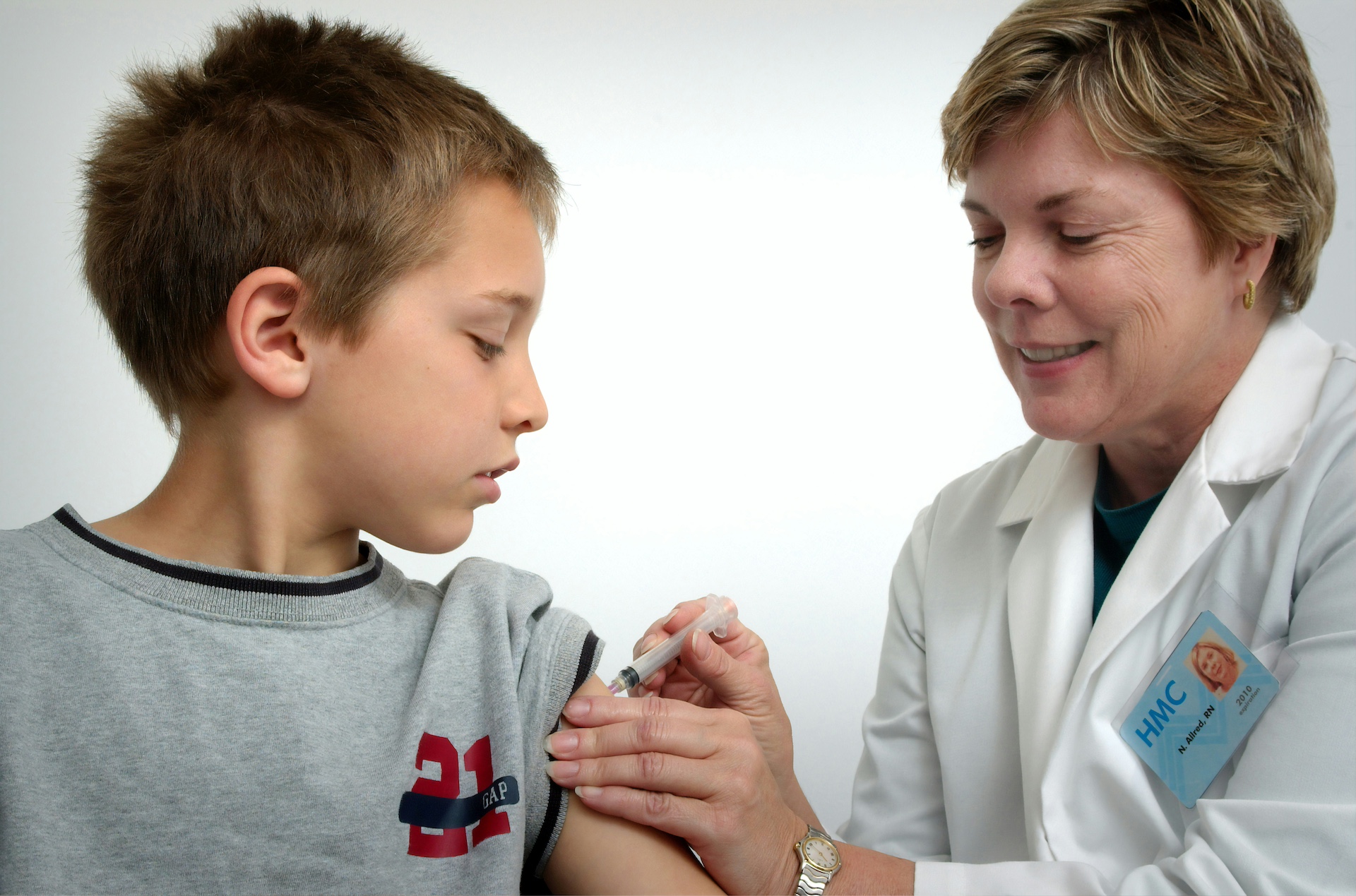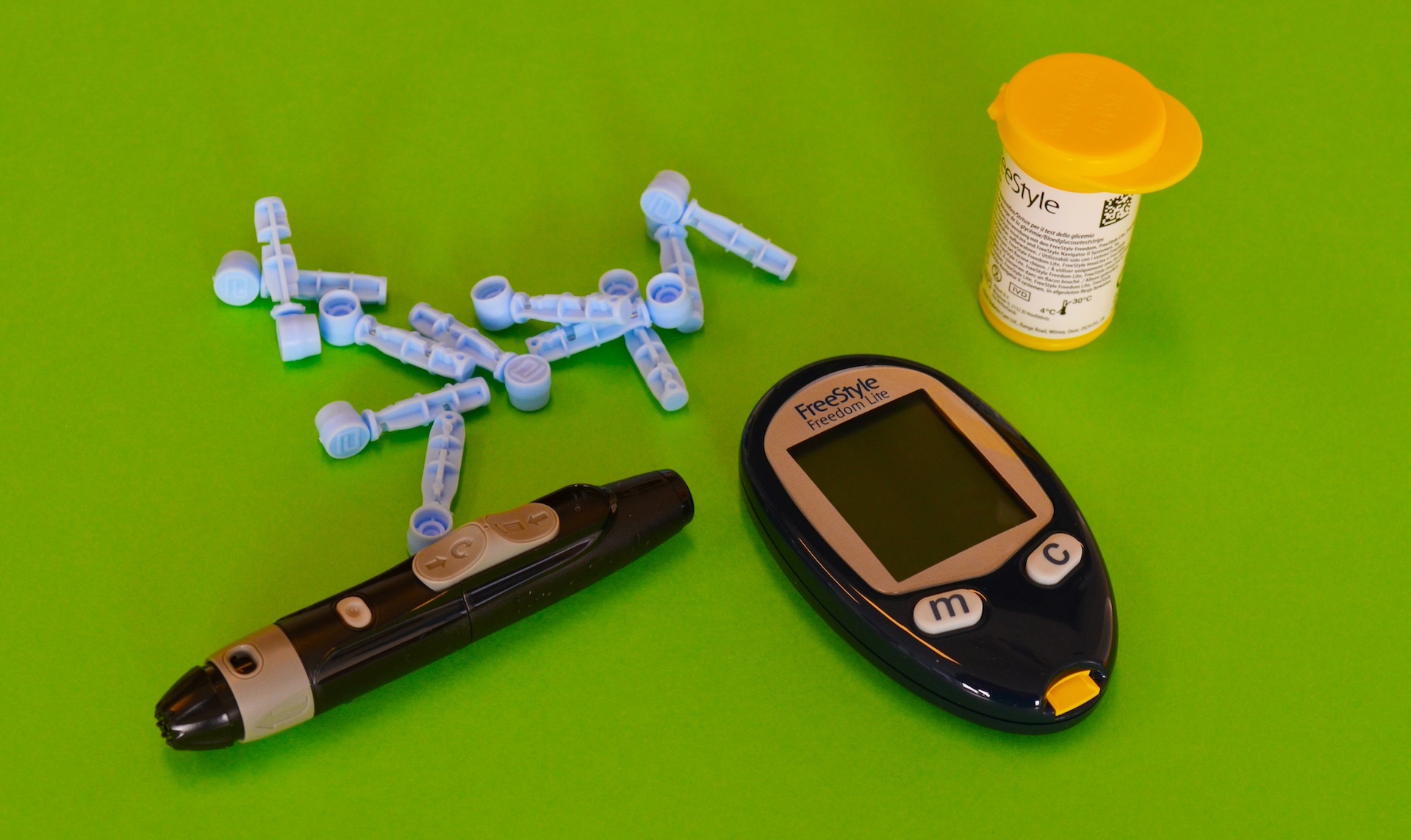Safeguarding Health Through Immunization
Safeguarding Health Through Immunization
Vaccination plays a vital role in protecting infants from influenza and other serious illnesses. However, it's equally crucial for adults—especially those living with diabetes—to stay up to date with their immunizations.
People with diabetes often have a weakened immune system, which makes them more vulnerable to infections such as pneumonia (a lung infection), bacteraemia (a blood infection), and meningitis (an infection of the brain and spinal cord lining).
To help prevent such complications, doctors recommend specific vaccines for individuals with diabetes, including those for influenza (flu), pneumonia, and hepatitis B.
Influenza is a highly contagious viral infection that spreads through droplets in the air when an infected person coughs or sneezes. It affects the respiratory system and can cause a sudden spike in blood sugar levels. The virus can also spread by touching contaminated surfaces and then touching the nose or mouth. Because flu viruses change each year, people with diabetes are strongly advised to get an annual flu shot.
One of the most serious complications of the flu is pneumonia, a bacterial infection that affects the lungs and can severely impact breathing. Even individuals with well-managed blood sugar levels can face serious health issues if they contract pneumonia. It is recommended that people aged 65 and above receive one dose of the pneumococcal conjugate vaccine each year to reduce this risk.
Hepatitis B is another highly contagious disease that can cause severe liver conditions such as cirrhosis and liver cancer. It can be transmitted through contaminated needles, syringes, fingersticks, blood glucose meters, and other diabetes care devices like insulin pens. As a result, individuals are encouraged to receive the hepatitis B vaccine soon after being diagnosed with diabetes.
Other important vaccines for people with diabetes include the Tdap vaccine, which protects against tetanus, diphtheria, and pertussis (whooping cough). This is especially recommended for pregnant women and for individuals uncertain about their previous vaccination history.
Shingles, caused by the same virus responsible for chickenpox, can remain dormant in the body for years. It can reactivate later in life, causing painful rashes. The risk of developing shingles increases with age, which is why a one-time shingles vaccination is advised for people with diabetes.
Related Blogs
Expertise you can trust: Meet our esteemed doctors who bring exceptional knowledge, compassion, and innovation to provide top-notch care for your health and well-being.










